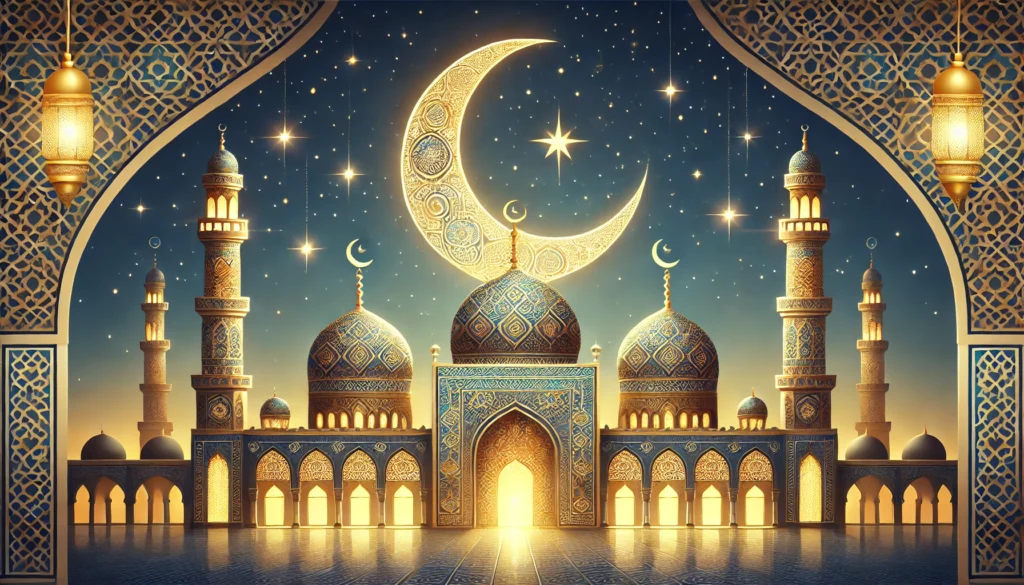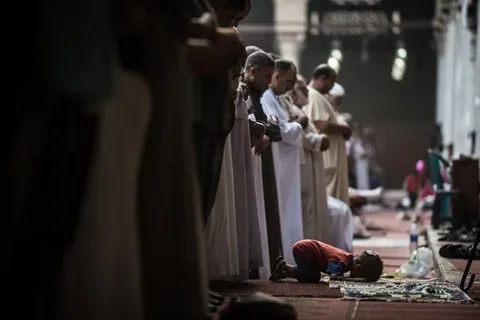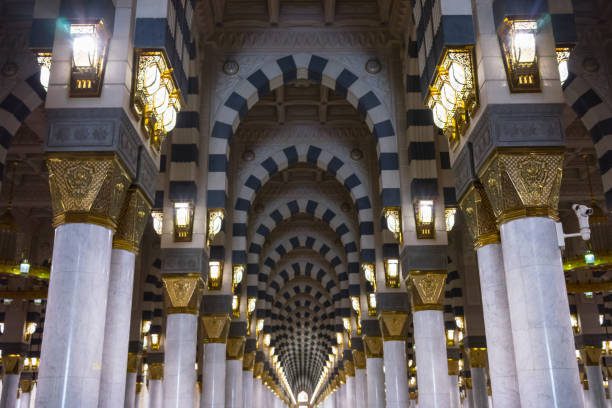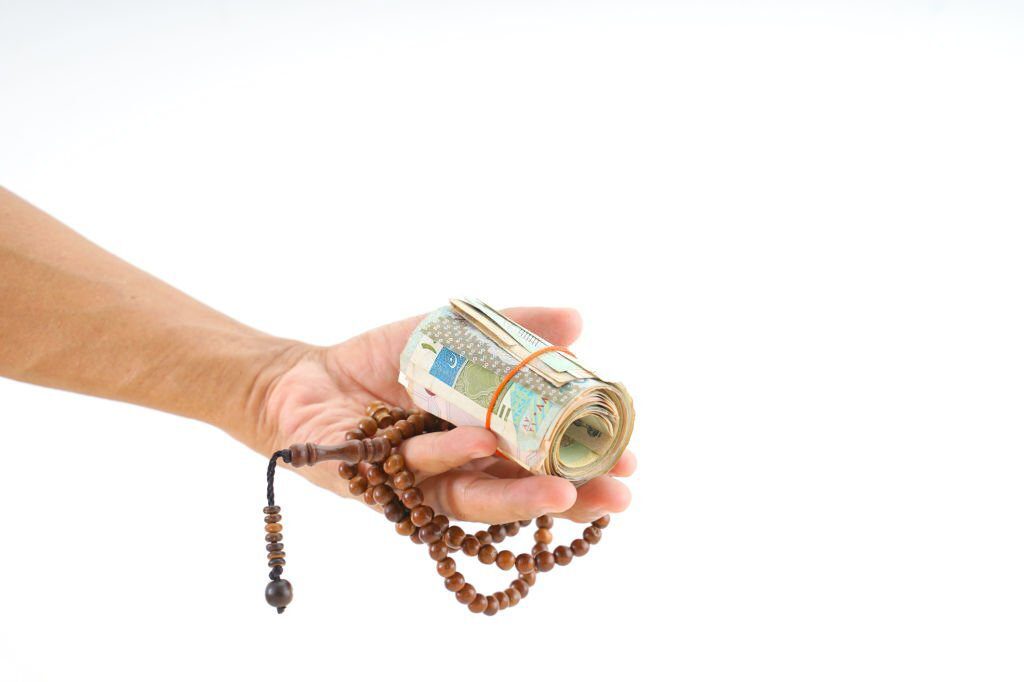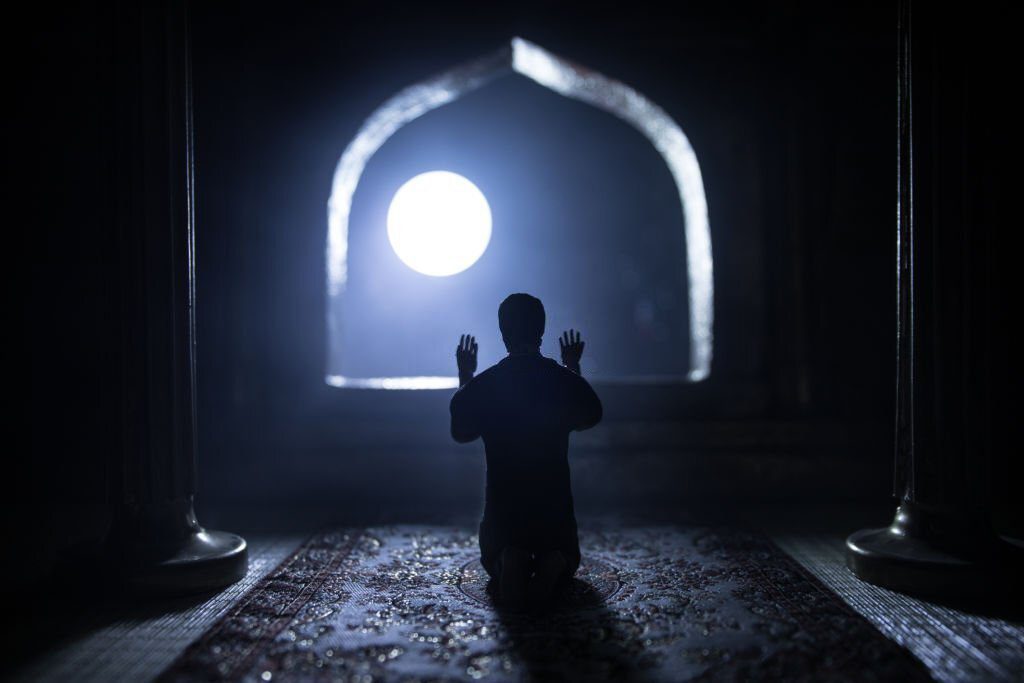The Islamic Calendar, also known as the Umm al-Qura, operates on a lunar basis, following the moon’s orbit around the Earth. Often referred to as the Hijri Calendar, it begins from the year 622 CE. This year marks the hijrah, or migration, of the Prophet Muhammad (pbuh) from Makkah to Medina. The establishment of the first Islamic state in Medina is tied to Year 1 Hijri, making it a significant historical point for Muslims. It was Caliph ‘Umar bin al-Khattab who officially recognized the hijrah as the start of the Islamic Hijri year.
When does the Islamic New Year begin in 2024?
The Islamic New Year, marked by the 1st of Muharram, will start on 7th July 2024, pending the sighting of the moon.
The start of the Um al-Qura calendar is determined each year by moon sighting. Consequently, the Islamic calendar shifts approximately 11-12 days each year compared to the Gregorian solar calendar.
In Islamic tradition, a new day begins at sunset. Thus, the Islamic New Year will technically commence at sunset on 6th July and continue until sunset on 7th July 2024, subject to lunar observation.
What is the significance of the Islamic New Year?
There are no obligatory acts of worship prescribed for the 1st of Muharram. However, it serves as a moment for Muslims to reflect on the journey and struggles of Prophet Muhammad (SAW) and the early Muslims. The sacrifices made during the establishment of the first Islamic government and city are commemorated. This period also signifies the beginning of the new year and is a time for setting annual plans.
How is Muharram celebrated?
Although there are no specific customs or rituals mandated for the Hijri New Year, Muharram is one of the sacred months in Islam. Acts of worship such as sadaqah Jariyah (ongoing charity), nafl (voluntary) prayers, fasting, and Qur’an recitation are encouraged during this period, as good deeds are believed to be multiplied in reward. In many Muslim-majority countries, the Islamic New Year is a public holiday, providing an opportunity for families to gather and strengthen kinship ties.
Virtues of the Islamic New Year
The Islamic New Year is a time for reflection, commemoration, and drawing closer to Allah Almighty. One of the significant virtues of this period is the opportunity it offers for deep reflection.
Reflecting on the past Islamic year involves assessing our decisions, actions, character changes, and how well we have fulfilled our obligations to Allah. This period serves as a foundation for making improvements to our lives to become closer to Allah Almighty.
It’s also crucial to evaluate our qualities and strive to correct any flaws in our manners and character that may hinder our pursuit of Allah’s pleasure. Additionally, reflecting on the hardships and sacrifices faced by Prophet Muhammad (SAW) and his family helps Muslims appreciate the gift of Islam.
Key Dates in Muharram
1st Muharram
The 1st Muharram marks the beginning of the new Islamic year. While there are no specific days of worship prescribed for Muslims on this day, it serves as an opportunity for reflection on the journey and struggles of Prophet Muhammad (SAW) and the Muslims of his time.
The Day of Ashura
Observed on the 10th Muharram, the Day of Ashura is one of the most virtuous days in the Islamic calendar. This day also commemorates the moment when Prophet Musa (AS) and the Children of Israeel were freed by Allah from the Pharaoh and his army. The Day of Ashura is the day in which the martyrdom of Imam Hussain (AS) in the Battle of Karbala took place.
Muslims are encouraged to fast on the 9th Muharram as an additional recommended fast for Ashura. If one misses this, the 11th Muharram is also a permissible day for the additional recommended fast.
Commemorating Muharram
Why is Muharram Commemorated?
Muharram is one of the four sacred months as ordained by Allah (SWT). It is titled ‘the month of Allah’, which highlights its special significance and blessings in the Islamic calendar. The history of Muharram is extensive, with many important events having occurred during this month.
The Islamic calendar comprises 12 months, each with its unique significance. While Ramadan and Dhul Hijjah are widely recognized for fasting and sacrifice, respectively, Muharram is equally significant yet less well-known. In Hadith, Muharram is referred to as the month of Allah (SWT), a unique honour not given to any other month.
